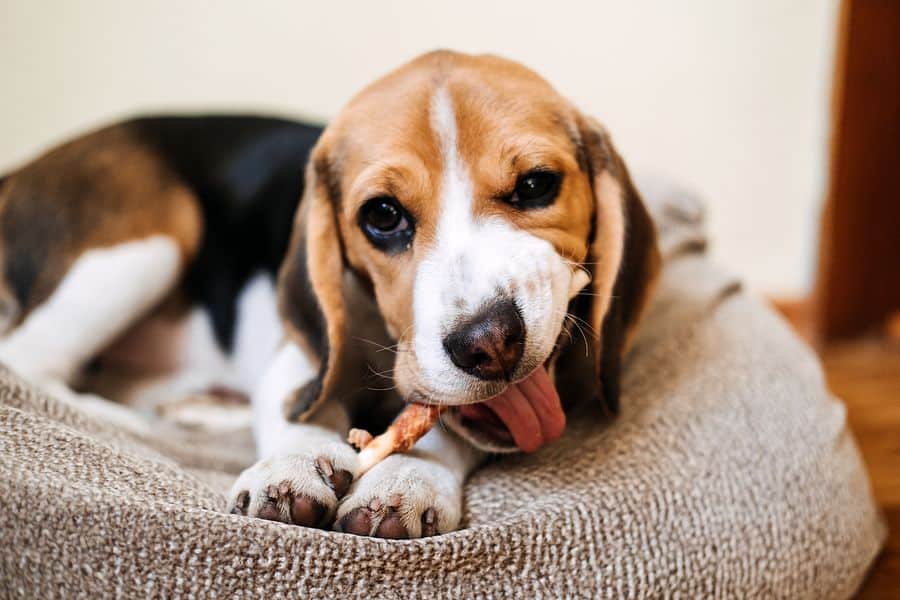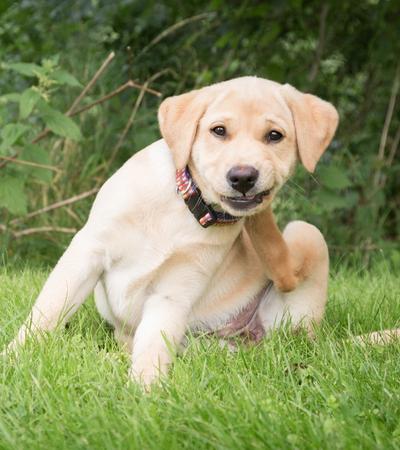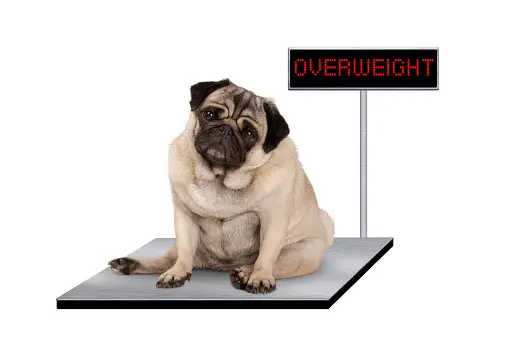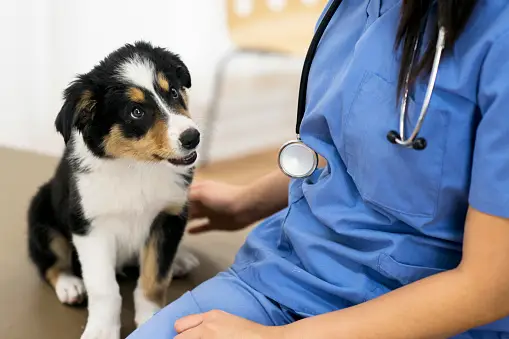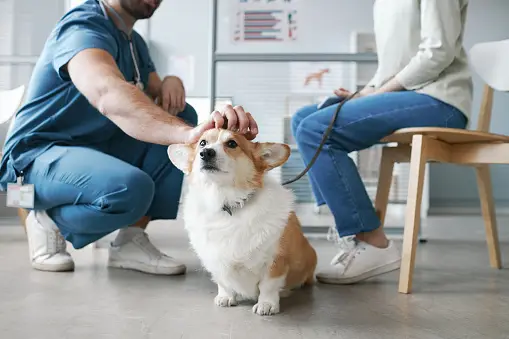If your dog eats chicken bones, it can be worrying. Even if you try to keep things safe, accidents can happen. It’s important to stay calm and act quickly to help your pet. Knowing what to do can keep your dog safe and healthy.
Chicken Bones and Dogs: Why It’s Risky
When it comes to dogs and chicken bones, pet owners must exercise caution due to the potential risks involved. While dogs may find chicken bones tempting, they pose significant dangers to their health and well-being. Here’s why:
- Splintering Hazard: Chicken bones, especially cooked ones, are prone to splintering into sharp fragments when chewed by dogs. These shards can cause severe internal injuries to the dog’s mouth, throat, esophagus, stomach, or intestines.
- Choking Risk: The small size and irregular shape of chicken bones make them easy for dogs to swallow whole, increasing the risk of choking. Once lodged in the throat, a chicken bone can obstruct the airway, leading to a life-threatening emergency.
- Digestive Issues: Even if a dog manages to swallow chicken bones without immediate complications, they can still cause digestive problems. Sharp bone fragments may puncture the digestive tract, leading to internal bleeding, blockages, or perforations.
Spotting Signs Your Dog Ate Chicken Bones
If you suspect your dog has ingested chicken bones, watch for these signs:
- Difficulty breathing or excessive coughing
- Drooling, pawing at the mouth, or gagging
- Vomiting or retching
- Abdominal pain or tenderness
- Lethargy or weakness
- Blood in stool or vomit
Quick Steps After Your Dog Eats Chicken Bones
If you catch your dog in the act or suspect they’ve eaten chicken bones, take these immediate steps:
- Stay Calm: Panicking won’t help the situation and may escalate your dog’s anxiety.
- Assess the Situation: Determine how many bones your dog consumed and whether they appear distressed.
- Contact Your Vet: Seek guidance from your veterinarian immediately, even if your dog shows no immediate symptoms.
Vet Help: What to Do Next
Your veterinarian will provide tailored advice based on your dog’s size, health status, and the quantity of bones consumed. Treatment options may include:
- Inducing Vomiting: If ingestion occurred recently, vomiting may be induced to expel the bones before they cause harm.
- Endoscopy: In some cases, an endoscopy may be performed to remove lodged bones from the digestive tract.
- Surgery: Severe cases may require surgical intervention to address internal injuries or blockages.
Vet Care: How They Treat Chicken Bone Incidents
Upon examination, your vet may perform diagnostic tests such as x-rays or ultrasounds to assess the extent of the problem. Treatment will be tailored to your dog’s condition and may involve:
- Administering fluids to prevent dehydration
- Monitoring for signs of complications
- Prescribing medications to alleviate pain or inflammation
- Surgical intervention if necessary
Keeping Your Dog Safe from Bones
To protect your dog from the dangers of chicken bones:
- Dispose of Bones Properly: Securely dispose of chicken bones in a sealed trash container where your dog can’t access them.
- Supervise Your Dog: When offering treats or meals, supervise your dog to prevent them from scavenging for bones.
- Provide Safe Alternatives: Offer safe chew toys or treats specifically designed for dogs to satisfy their natural urge to chew.
The risks associated with dogs consuming chicken bones are significant and potentially life-threatening. By understanding the dangers, recognizing the signs of ingestion, and taking prompt action, you can help keep your furry friend safe and avoid unnecessary trips to the vet. Remember, prevention is key, so take proactive measures to ensure your dog’s well-being by keeping chicken bones out of reach.

